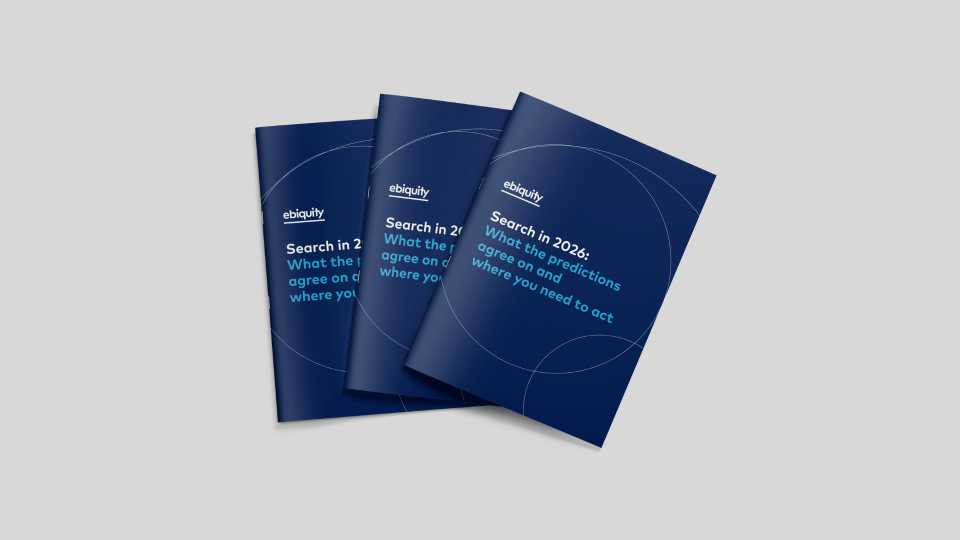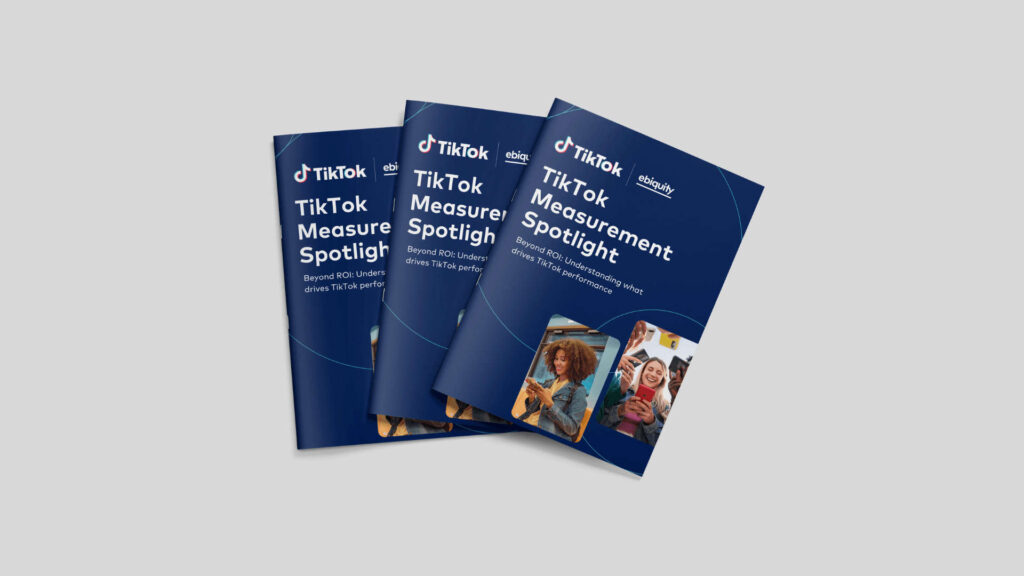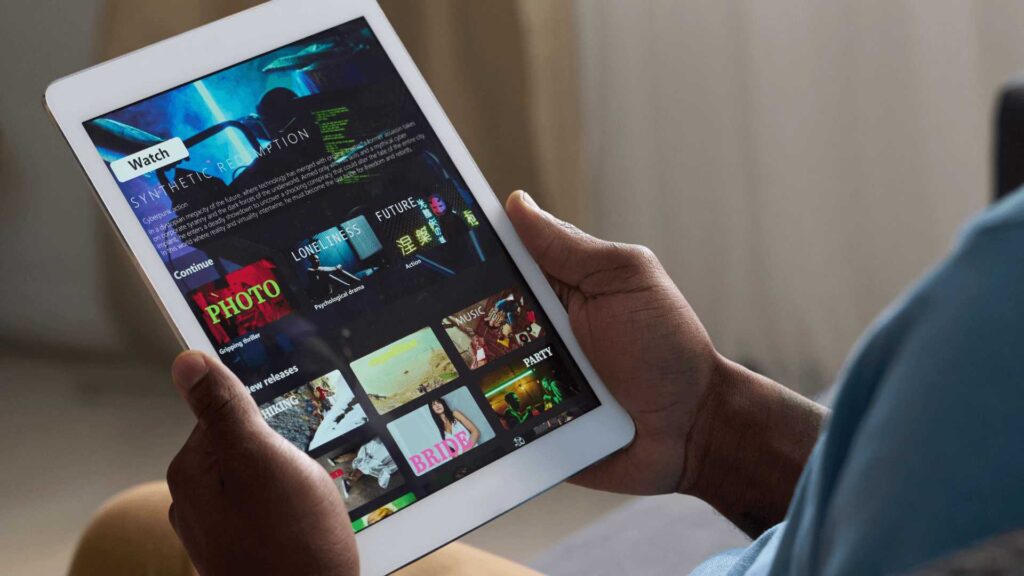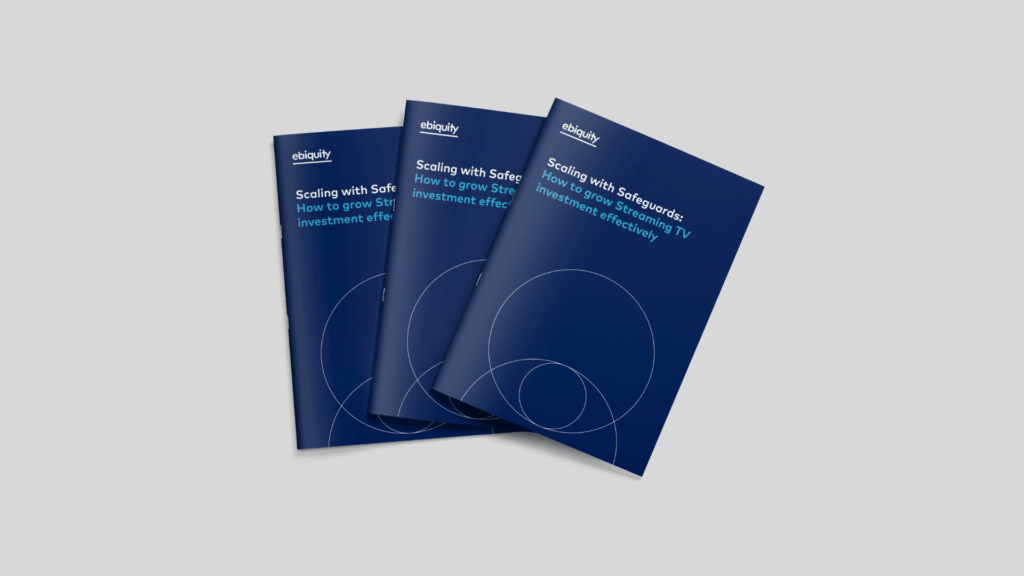For the second time in two months, Ebiquity has taken the temperature of leading global advertisers on the ways in which coronavirus is forcing them to change media and marketing investment plans for the rest of 2020. We undertook a first survey at the end of March, when marketers were still scrambling to cope with lockdown. We ran this second poll from 11 to 21 May, speaking to 93 brands. Between them, they control more than £2.5bn of media spend in a dozen different categories, from retail to automotive, financial services to FMCG.
The headline finding is that 84% of brands are planning to reduce their media budgets for the rest of this year, up a little from 80% in our first survey. This is line with the World Federation of Advertisers’ (WFA) April 2020 survey, which found that eight in ten brands have deferred campaigns as a result of the pandemic, 52% by six months or more.[1]
Other key findings of the latest Ebiquity survey include:
• By Q4, brands expect that the reduction in spend will narrow to just an 11% decrease in planned budgets. This varies between the sectors, from retail “back to normal” but travel and hospitality down by -27%. Overall, Q2 will be -25% down, Q3 -18%
• More than 40% of those surveyed are placing a high level of importance on maintaining share of voice, always an important consideration when advertising through a recession (there’s more in our recent Viewpoint paper on this topic, here)
• 80% believe that data insights are “very” or “extremely important” in the current market, though brands rate customer insights and customer data quality lowest
Of all areas of marketing investment, our survey found that data and analytics spend has been least impacted of all budget lines (with 15% increasing spend, 69% holding spend steady, and just 16% decreasing spend). This suggests that brands place high importance on data-driven decision-making to inform how they can best manage their reduced media budgets. As I’ve written recently, good measurement has never mattered more, so it’s great to see a heightened focus here. Our survey also found that the hardest-hit budget lines are: brand advertising (with 61% of advertisers cutting spend here), performance advertising (41% cutting spend), and customer experience (35% cutting spend), with spend on eCommerce and technology netting up, and relatively even splits on both earned media/PR and data/analytics.
In the six weeks between our two surveys, it is clear that advertisers’ initial hunches about the impact of COVID-19 on their marketing investment plans for the rest of the year have been confirmed and solidified. That said, the numbers have not changed significantly and ours are in line with other industry polls. As lockdown eases and more businesses – from non-essential retail to leisure and entertainment – are able to start trading again, albeit in modified and constrained ways, this will be supported by increased investment.
The fact that total investment for Q4 is projected to be down -11% on plans set at the start of 2020 suggests that confidence in media investment should be much stronger in 2021. This of course assumes no second spike or wave of infection leading to renewed lockdown. As is the main theme with Coronavirus, uncertainty remains high, yet so does the opportunity to change and evolve.
This article was featured in WARC.









